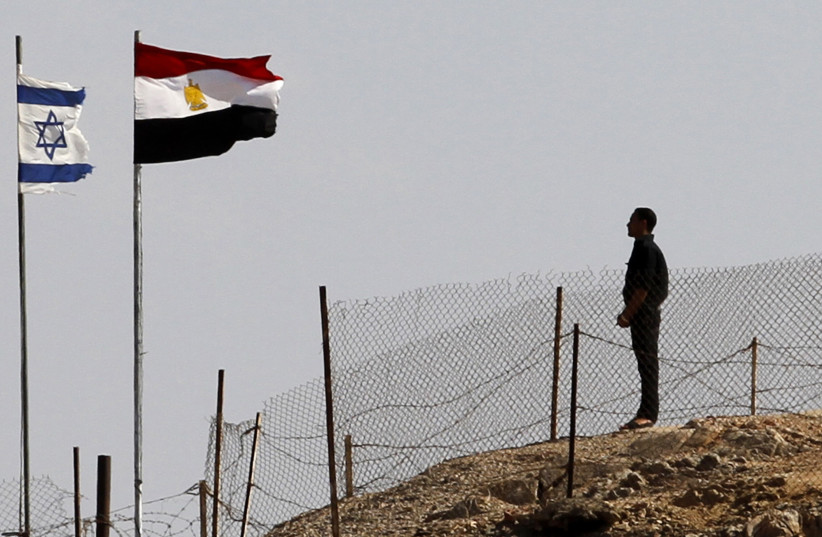Egyptian textbooks that have been replaced as part of a reform of the country's curriculum promote coexistence, equality and democracy, although there is still work to be done to remove prejudiced and antisemitic content from the education system, according to a report by IMPACT-se published on Sunday.
In 2018, the Egyptian education system, the largest education system in the Arab world, began a year-by-year reform of its curriculum, starting with the first grade and proceeding a grade each year. As of 2023, the reform reached the fifth grade.
The textbooks that have been reformed so far promote tolerance and coexistence between Islam, Judaism and Christianity, including by noting that Kosher food is also Halal.
Issues remain in Egyptian education system
The Holocaust is still not taught in the Egyptian curriculum and there is very little content on Jewish history in general, except for stories about Moses and the Jews in Alexandria.
Textbooks in grades that have not yet been affected by the reform (6th grade and above as of 2023) still contain antisemitic tropes about Jews, including blaming Jews for antisemitism in Europe and describing them as an ethnic group engaged in finance. One case of antisemitic tropes has been removed from the textbooks of grades that have not yet been affected by the reforms.

The textbooks have a mixed approach to the State of Israel, according to IMPACT-se, lauding the benefits of the 1979 peace agreement between Egypt and Israel, but also representing Israel as an illegitimate "Zionist entity" aimed at expanding at the expense of the Palestinians. Maps in the textbooks avoid listing the State of Israel by name.
Content removed from the reformed textbooks includes lessons comparing past wars between Egypt and Israel to fights between Mohammed and the Jews in the Arabian Peninsula.
New textbooks for Christian schools in Egypt acknowledge the Jewish religious connection to the land of Israel and refer to King Solomon's Temple in Jerusalem, but also state that the Jews crucified Jesus.
The revolutions of January 2011 and June 2013 in Egypt are portrayed positively by Egyptian textbooks as popular attempts to bring freedom, democracy and liberal values, although political protests and revolutionary actions are discouraged by the curriculum.
Gender equality is also promoted by the new curriculum, with women being encouraged to participate in public life and content committed to the independence and free will of women. Girls with and without Muslim hair-covering are illustrated in the textbooks.
The textbooks additionally promote notions of racial equality and representation of people with disabilities, featuring illustrations of diverse classrooms and social settings.
"Ultimately, the new education system in Egypt, while still facing numerous challenges, has great potential to produce a new generation of well-educated, tolerant youth who are immune to radicalization and extremism. However, achieving this result requires more investment by the government and private sector in improving the quality of the education offered at governmental schools as well as the curricula offered at the parallel education system of Al-Azhar," wrote IMPACT-se.
IMPACT-se CEO Marcus Sheff stated that "the Egyptian government under President al-Sisi has fulfilled its promise to reform its school curriculum. Egypt has the largest education system in the Middle East and North Africa, with 25 million children enrolled in schools, and so this process of removing antisemitism and other hatred from school textbooks is a significant contribution to the emergence of a tolerant Egyptian society and region."
